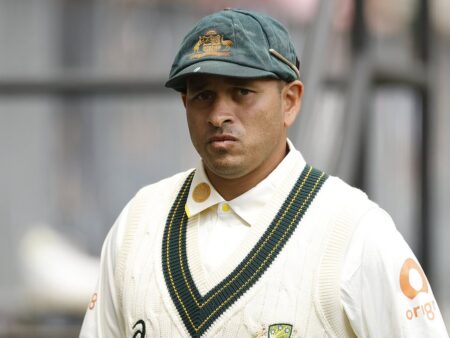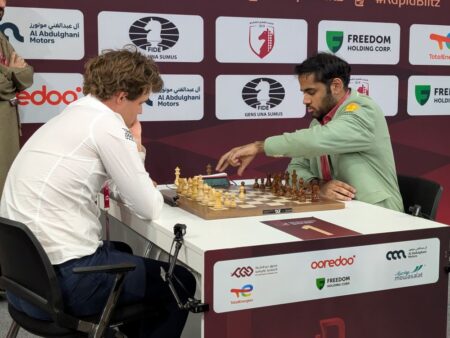Following Pakistan’s exit from the Champions Trophy, interim head coach Aaqib Javed has openly criticized the instability and lack of consistent policies within Pakistan cricket. He lamented that many players are neglecting crucial four-day domestic matches, which are essential for skill development. The defending champions faced early elimination after losses to New Zealand and India, with their final match against Bangladesh being rained out.
In a media briefing, Aaqib emphasized the need for stability and continuity in Pakistan cricket, from the Pakistan Cricket Board (PCB) leadership down to the players. He pointed out the frequent changes in captains, coaches, selectors, and board chairmen over the past year, arguing that such volatility negatively impacts team performance.
Aaqib, a former fast bowler, expressed his disappointment that some players did not step up during the recent ODI series and the Champions Trophy held on home soil. He acknowledged the coach’s limited influence once the game begins and urged players to take more responsibility for their individual performances and consistency.
He highlighted the imbalance caused by prioritizing T20 cricket over longer formats. Aaqib argued that excessive focus on T20 at the expense of four-day domestic cricket hinders player development for both Test and ODI formats. He noted the reluctance of many players to dedicate time to four-day games for skill enhancement.
Aaqib also attributed Pakistan’s underwhelming performance to the fast bowlers’ inability to exploit reverse swing conditions, particularly in Karachi and Dubai. He mentioned discussing this issue with Haris Rauf and Shaheen Afridi, advising them to work on improving their skills in this area.
Regarding Pakistan’s defeats against India, Aaqib pinpointed insufficient pressure from the bowling attack as the primary reason. He recalled past successes against India, which were built on taking wickets and applying pressure. He believes the team possessed the capability to defeat India but succumbed to match pressure, especially for newer players in high-stakes India fixtures.
Aaqib acknowledged the disappointment and frustration after losses to India in major tournaments like the T20 World Cup and Champions Trophy, which intensifies criticism. However, he cautioned against judging players or teams based on just one or two series, advocating for consistency and patience. He noted Pakistan’s previous ODI series wins in Australia and South Africa before the Champions Trophy as positive indicators.
He admitted that the decision to bench Babar Azam and Muhammad Rizwan for the New Zealand tour was a deliberate strategy to explore new approaches and cultivate a modern T20 mindset within the team. Aaqib concluded by mentioning the growing trend of separate T20 squads in other teams and Pakistan’s move towards this model in preparation for upcoming Asia Cup and T20 World Cup, emphasizing the need for fearless cricket.










